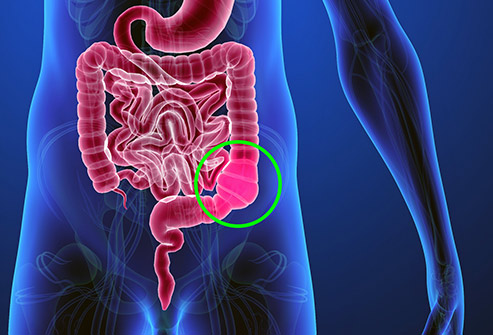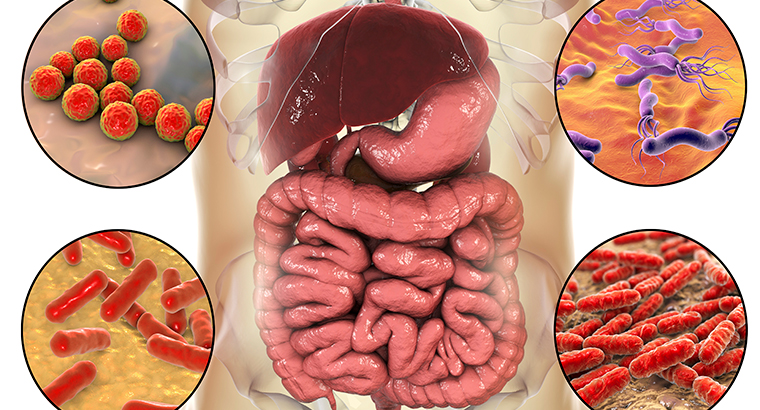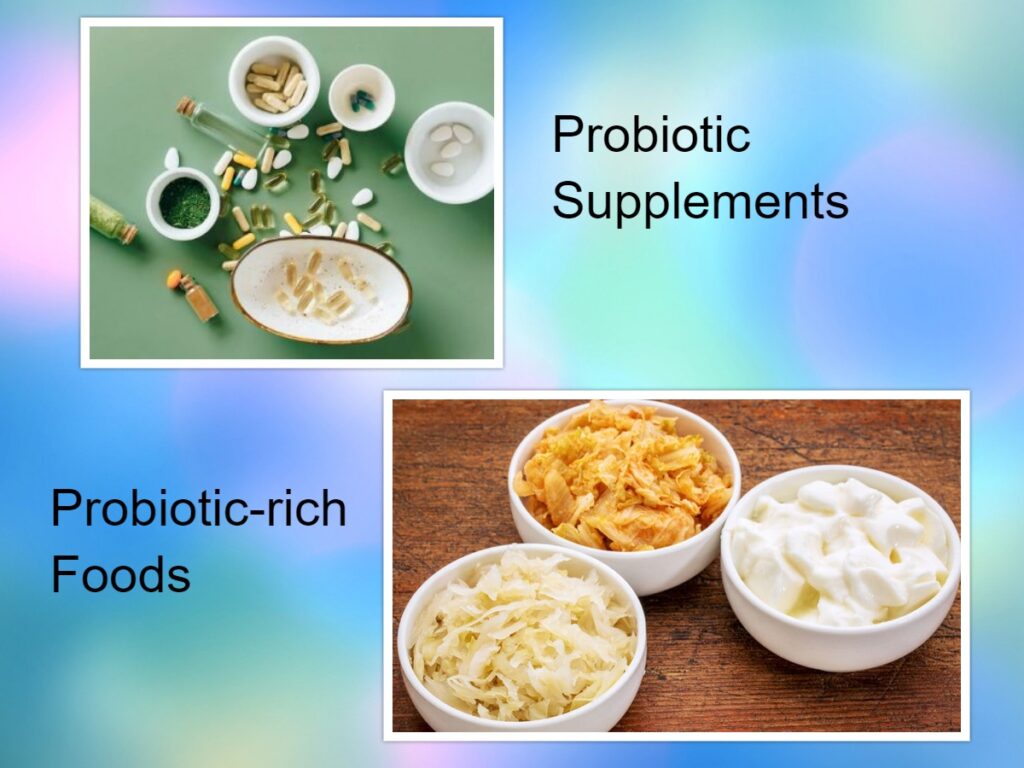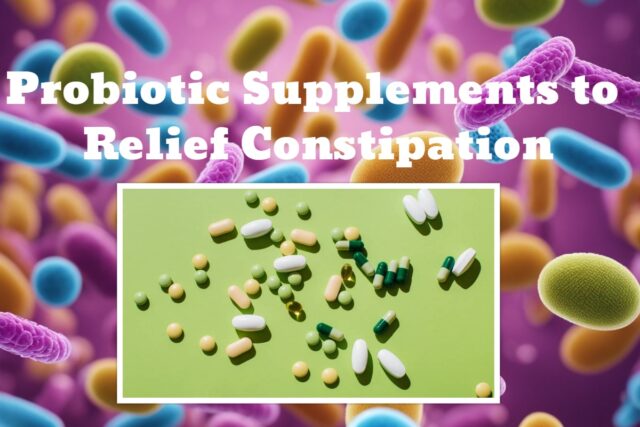Do you want to know more about probiotic supplements for constipation relief?
Have a look at our contents of information in this regard.
Table of Contents:
What Is Constipation? What Are the Common Causes of Constipation?

- Constipation refers to a condition characterized by difficulty in passing stools or infrequent bowel movements. It can also involve hard, dry stools that are challenging or painful to pass.
- While the frequency of bowel movements varies among individuals, experiencing fewer than three bowel movements per week is often considered a sign of constipation.
Constipation can be caused by various factors, including:
- Inadequate fiber intake
- Insufficient fluid intake
- Lack of physical activity
- Excessive consumption of dairy products
- Consuming large amounts of processed or low-nutrient foods
- Ignoring the urge to have a bowel movement
- Certain medications (such as opioid painkillers, some antidepressants, and iron supplements)
- Changes in routine or lifestyle
- Conditions affecting the colon or rectum (such as irritable bowel syndrome, colorectal cancer, or pelvic floor disorders)
Moreover, certain medications can contribute to constipation as a side effect. Common culprits include opioid painkillers, some antidepressants, antacids containing aluminum or calcium, iron supplements, diuretics, and certain antispasmodic medications.
How Can Constipation Be Prevented?
To help prevent constipation, consider the following lifestyle and dietary measures:
- Eat a high-fiber diet rich in fruits, vegetables, whole grains, and legumes.
- Drink plenty of fluids, especially water, throughout the day.
- Engage in regular physical activity or exercise.
- Establish a regular bowel routine by responding to the urge to have a bowel movement.
- Avoid delaying or ignoring the urge to have a bowel movement.
- Manage stress, as stress can affect digestive function.
In addition to dietary and lifestyle changes, several home remedies may help alleviate constipation, including:
- Increasing fiber intake through foods like fruits, vegetables, whole grains, and legumes
- Drinking warm liquids, such as herbal tea or warm water with lemon
- Exercising regularly to promote bowel motility
- Trying natural laxatives like prunes, figs, or psyllium husk
- Using over-the-counter stool softeners or laxatives as directed by a healthcare professional
Probiotic Supplements to Help with Constipation:
Probiotic supplements contain beneficial bacteria that may help regulate the gut microbiota and improve digestive health.
Some studies suggest that certain probiotic strains, such as Bifidobacterium lactis, Lactobacillus casei, Lactobacillus rhamnosus GG, and Bifidobacterium animalis subsp. lactis, may offer relief from constipation by promoting regular bowel movements and softening stool consistency.

These strains have shown varying degrees of effectiveness in promoting regular bowel movements and improving stool consistency in individuals with constipation.
How Do Probiotics Work to Relieve Constipation and How Long Does It Take to Work?
Probiotics may exert their beneficial effects on constipation through various mechanisms, including:

- Regulating gut motility and transit time
- Softening stool consistency
- Balancing the gut microbiota
- Enhancing intestinal barrier function By promoting a healthy balance of intestinal bacteria and optimizing digestive function, probiotics may help alleviate constipation symptoms.
The time probiotics takes to experience relief from constipation symptoms with probiotic supplementation can vary depending on factors such as the individual’s gut microbiota, the specific probiotic strains used, and the dosage. Some individuals may notice improvements within a few days to a week of starting probiotic supplementation, while others may require longer-term use to experience significant benefits. It’s essential to be patient and consistent with probiotic use and to consult a healthcare professional if constipation symptoms persist or worsen.
How Should Probiotic Supplements Be Taken for Constipation?
Probiotic supplements are available in various forms, including capsules, tablets, powders, and liquids.

- They should be taken according to the manufacturer’s instructions, typically with water or another beverage.
- It’s essential to follow the recommended dosage and frequency of use specified on the product label.
- Probiotics can be taken with or without food, although some people may prefer to take them with meals to minimize potential gastrointestinal side effects.
Effectiveness of Probiotic Supplements Comparing to Probiotic-rich Foods:

- While probiotic-rich foods like yogurt, kefir, sauerkraut, and kimchi can contribute beneficial bacteria to the gut, they may not provide sufficient amounts or specific strains needed to address constipation effectively.
- Probiotic supplements typically contain higher concentrations of specific strains and may offer more targeted support for constipation relief.
- However, incorporating probiotic-rich foods into a balanced diet can still contribute to overall gut health and digestive function.
The Side Effects or Risks Associated with Probiotic Supplements:
- Probiotic supplements are generally considered safe for most people when used as directed.
- However, some people may experience mild gastrointestinal side effects such as gas, bloating, or diarrhea, especially when starting probiotic supplementation or when using high doses.
- These side effects typically subside over time as the gut microbiota adjusts.
- Furthermore, probiotic supplements may be beneficial for some individuals with constipation, but they may not be suitable or necessary for everyone.
- Factors such as individual health status, underlying medical conditions, medication use, and dietary habits should be considered when determining the appropriateness of probiotic supplementation.
- It’s essential to consult a healthcare professional for personalized advice and recommendations based on your specific needs and circumstances.
Can Constipation be a Sign of a More Serious Underlying Condition?
- In some cases, constipation may be a symptom of an underlying medical condition, such as irritable bowel syndrome (IBS), inflammatory bowel disease (IBD), thyroid disorders, diabetes, or neurological disorders affecting the colon.
- If you experience persistent or severe constipation, especially if accompanied by other symptoms such as abdominal pain, rectal bleeding, or unexplained weight loss, it’s important to consult a healthcare professional for evaluation and appropriate management.
When Should I Seek Medical Attention for Constipation?
- Chronic constipation can lead to complications such as hemorrhoids, anal fissures (tears in the skin around the anus), fecal impaction (hardened stool that cannot be passed), or rectal prolapse (protrusion of the rectum through the anus).
- In some cases, untreated constipation may also contribute to the development of colorectal conditions or impact overall quality of life.
- Therefore, it’s important to address persistent or severe constipation and seek medical advice if necessary.
You should consult a healthcare professional if you experience any of the following:
- Persistent constipation that lasts for more than two weeks
- Severe abdominal pain or bloating
- Blood in the stool
- Unexplained weight loss
- Changes in bowel habits, especially if accompanied by other symptoms
- Constipation in infants, young children, or older adults
Conclusion:
Probiotic supplements are typically safe to use alongside other medications or treatments for constipation. However, it’s essential to discuss with a healthcare professional before starting any new supplement regimen, especially if you are taking prescription medications or undergoing other treatments for constipation. Your healthcare provider can provide personalized guidance and recommendations based on your individual health needs and medical history.



MOST COMMENTED
Animal-Based Proteins / Casein Protein / Dietary Protein / High-Protein Diets / Pea Protein / Plant-Based Proteins / Protein / Protein Deficiency / Protein Supplements / Proteins / Whey Protein / Whey Proteins
Is Protein Powder Safe for Teenagers and Children?
Animal-Based Proteins / Casein Protein / Dietary Protein / High-Protein Diets / Pea Protein / Plant-Based Proteins / Protein / Protein Deficiency / Protein Supplements / Proteins / Whey Protein / Whey Proteins
Unlock the Power of Proteins for Optimal Gut Health
Multivitamin
Total Health: Multivitamin for Active Lifestyles
Multivitamin
WellnessFusion: Complete Multivitamin Support
Dietary Supplement
Revitalize Your Health: The Magic of Red Yeast Rice Capsules
Foot care / Foot Health
Revitalize Your Foot Care Routine: Essential Tips for Optimal Foot Health
Foot Problem / Diabetics / Foot Health
Diabetics: Mastering Footwear Selection for Enhanced Foot Health and Ultimate Comfort
Exercises and Footwear Tips for Hammertoe Relief / Foot care / Foot Health / Foot Pain / Foot Problem / Hammertoes
Unlock Effective Exercises and Footwear Tips for Hammertoe Relief
Hammertoes / Foot Health / Foot Pain / Foot Problem
Unlock Relief: Essential Guide to Hammertoes Causes, Symptoms, and Treatments
Foot Problem / Foot Health
Revolutionize Your Recovery: Natural Remedies for Plantar Fasciitis – Fresh Home Keepers